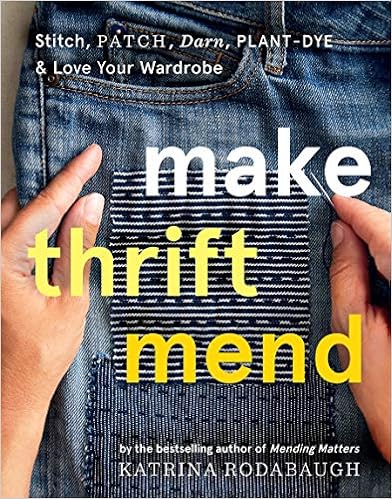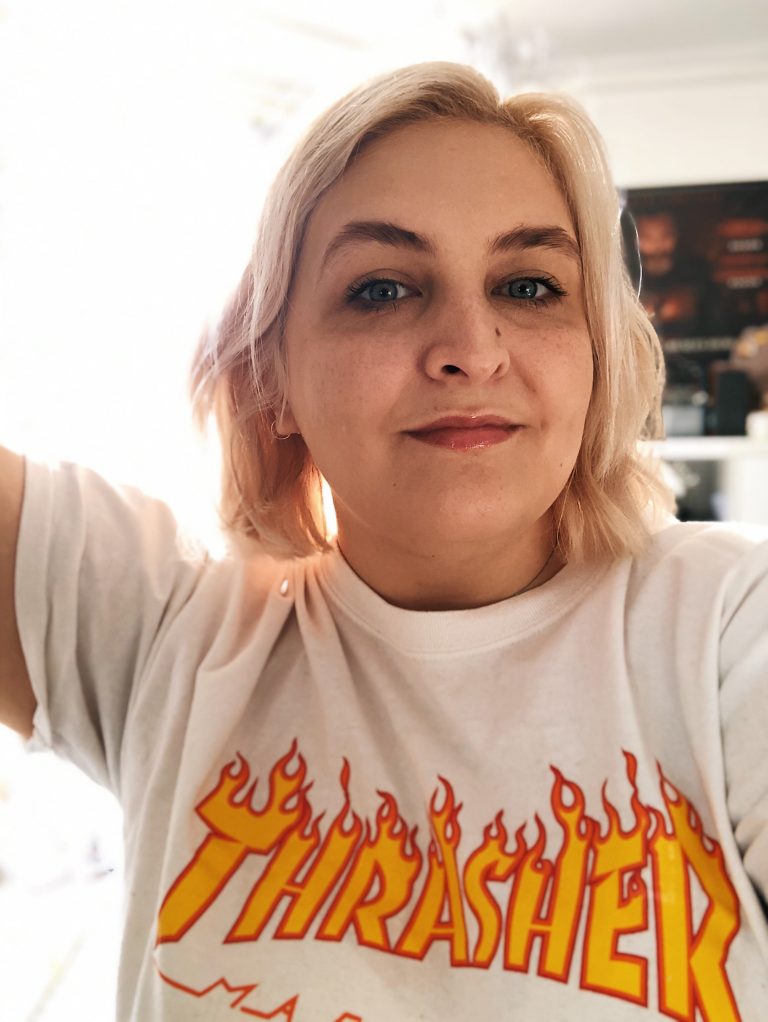HUMANS, Abrams Image, October 2021:
A startling and original look at what it means to be human in a rapidly changing world, from bestselling author and art writer Henry Carroll, with images by a diverse and innovative group of contemporary photographers.
See through the eyes of a new generation of photographers responding to the rapidly unfolding issues shaping our lives. In this series of small, insightful, and beautifully presented books, Henry Carroll, the bestselling photography writer of the last decade, considers the ideas behind images to present personal perspectives on climate change, race, sexuality, gender, faith, inequality, beauty, power, and our contradictory relationship to animals and the natural world. The first book in the series, HUMANS, reveals how contemporary photographers use visual language to pose honest and confronting questions about our bodies, the purpose of faith in a fact-based world, systemic social structures that limit and allow freedom, and the opposing forces of unconditional love and abject cruelty.
In this diverse collection of arresting images and insightful text, Carroll regards the photographers as modern-day philosophers, original thinkers who fuse technique, concept, and imagination in order to provoke meaningful visual reflections on what matters most. For both creators and consumers of images, HUMANS is an immersive and supremely relevant book offering a treasure trove of ideas and visual inspiration designed to cultivate a deeper, more personal understanding of who we are, why we are, and what we think.
 ANIMALS, Abrams Image, October 2021:
ANIMALS, Abrams Image, October 2021:
An innovative and insightful look at our relationship with animals in the age of the Anthropocene with original images from an array of contemporary photographers.
See through the eyes of a new generation of photographers responding to the rapidly unfolding issues shaping our lives. In this series of small, revealing, and beautifully presented books, Henry Carroll, the bestselling photography writer of the last decade, considers the ideas behind images to present personal perspectives on climate change, race, sexuality, gender, faith, inequality, beauty, power, and the natural world. In this second book of the series, ANIMALS, Carroll deep-dives into an ecosystem of contemporary images to consider how we relate to animals in the Anthropocene. His accessible analysis of emotive imagery suggests that our appreciation for some animals and disregard, or repulsion, for others is shaped by our own physicality as much as theirs. He shows how the conventions of natural history offer a very politicized understanding of fauna and how the role of animals as spiritual, cultural, and personal symbols can be an equally valid means of classification. Carroll reflects on the psychological power struggles infusing our daily interactions with animals and unpacks the photographers’ visual insights relating to our treatment of animals, whether it’s the way we pamper them as pets or consume them to excess. In this diverse collection of arresting images and engaging text, Carroll regards the photographers as modern-day philosophers, original thinkers who show us how to fuse technique, concept, and imagination in order to pose intriguing questions about the animal kingdom and human nature. For both the creators and consumers of images, this timely book contains a treasure trove of meaningful visual reflections that will prompt you to rethink your relationship with animals both domestic and wild.
LAND, Abrams Image, March 2022:
A look at sublime landscapes, with images from today’s most innovative photographers.
How do the most diverse and relevant voices of contemporary photography respond to the urgent issues of today? In this series of small, insightful, and beautifully presented books, Henry Carroll, the bestselling photography writer of the last decade, unpacks the ideas behind images to reflect on race, gender, faith, inequality, beauty, politics, and our shifting relationship to animals, nature, and the environment. Following HUMANS and ANIMALS, the third book in the series, LAND, considers humanity’s changing relationship with the sublime, a relationship that has seen us edge further away from real encounters. The photographs explore how the sublime can, and has been, commodified, packaged, and distributed, leading to an alarming emotional distancing. With images from a diverse group of photographers, Carroll explores the impermanence of borders, the human reaction to scenes of devastation on Instagram feeds, and the many variables that inform one’s relationship to land. He considers how a photographer’s response to landscape is subjective, full of meaning that’s colored by their own psyches, foibles, fears, and hopes. With captivating and striking photography, Henry Carroll invites the reader to contemplate how their inner world influences their interactions with the natural world.
Henry Carroll is a writer, editor, and concept developer. He is the author of the series Read This If You Want to Take Great Photographs, as well as Photographers on Photography: How the Masters See, Think & Shoot, and the children’s books Be a Super Awesome Photographer and Be a Super Awesome Artist. He is originally from London and has an MFA from the Royal College of Art. Carroll now lives in Los Angeles.
 Slow fashion influencer Katrina Rodabaugh follows her bestselling book, Mending Matters, with a comprehensive guide to building (and keeping) a wardrobe that matters. Whether you want to repair your go-to jeans, refresh a favorite garment, alter or dye clothing you already have—this book has all the know-how you’ll need. Woven throughout are stories, essays, and a slow fashion call-to-action, encouraging readers to get involved or deepen their commitment to changing the destructive habit of overconsumption. Rodabaugh has an engaged community (her kits are in high demand and her classes sell out quickly) and a proven ability to tempt sewists and nonsewists alike to take up needle and thread.
Slow fashion influencer Katrina Rodabaugh follows her bestselling book, Mending Matters, with a comprehensive guide to building (and keeping) a wardrobe that matters. Whether you want to repair your go-to jeans, refresh a favorite garment, alter or dye clothing you already have—this book has all the know-how you’ll need. Woven throughout are stories, essays, and a slow fashion call-to-action, encouraging readers to get involved or deepen their commitment to changing the destructive habit of overconsumption. Rodabaugh has an engaged community (her kits are in high demand and her classes sell out quickly) and a proven ability to tempt sewists and nonsewists alike to take up needle and thread.
 Is avocado toast your primary food group? Do you own a small family of succulents? Do you suck at cooking but thrive at brunch? Well, you might be a millennial who would enjoy this cookbook. You might not even be a millennial! That’s okay. You’ll get more than 30 delicious recipes that anyone can easily conquer. Buy now! Or don’t. No pressure.
Is avocado toast your primary food group? Do you own a small family of succulents? Do you suck at cooking but thrive at brunch? Well, you might be a millennial who would enjoy this cookbook. You might not even be a millennial! That’s okay. You’ll get more than 30 delicious recipes that anyone can easily conquer. Buy now! Or don’t. No pressure.  In the two decades since her first feature film was released, Sofia Coppola has created a tonally diverse, meticulously crafted, and unapologetically hyperfeminine aesthetic across a wide range of multimedia work. Her films explore untenable relationships, and the euphoria and heartbreak these entail, and Coppola develops these themes deftly and with discernment across her movies and music video. From
In the two decades since her first feature film was released, Sofia Coppola has created a tonally diverse, meticulously crafted, and unapologetically hyperfeminine aesthetic across a wide range of multimedia work. Her films explore untenable relationships, and the euphoria and heartbreak these entail, and Coppola develops these themes deftly and with discernment across her movies and music video. From 
